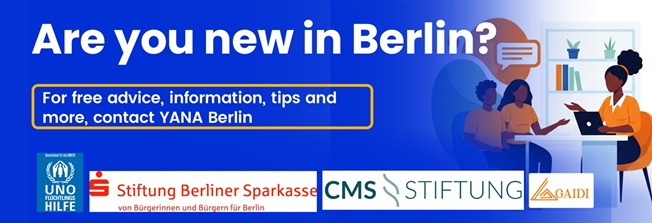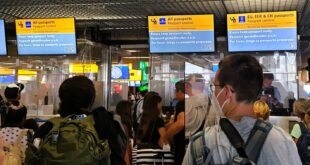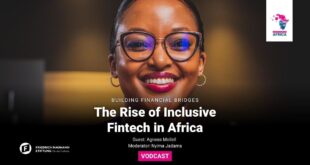For some, a few euros at the slot machines or placing bets online are just harmless pastimes. For many others in Germany, what begins as entertainment can quickly spiral into addiction, financial ruin and family breakdown
______
A hidden epidemic is destroying lives and families across Germany, with experts warning that immigrant communities, including Africans, are disproportionately at risk. Gambling addiction, often a silent struggle, is crippling finances, fracturing homes and leaving a generation of children to suffer in the shadows.
According to recent estimates, nearly 1.4 million people in Germany are addicted to gambling, with a further 3.5 million engaging in risky behaviour. The government’s Drug Commissioner, Hendrik Streeck, emphasises that “gambling disorder is one of the most common addictions in Germany, with grave consequences for health, relationships and financial existence.”
The problem is particularly acute for communities with a migration background. Psychologist Tobias Hayer from the University of Bremen notes that factors such as younger average age, lower income and educational disparities statistically increase vulnerability. Furthermore, seeking help is often hindered by cultural stigmas or religious taboos surrounding gambling, creating a significant barrier for those in need.
“For many in our community, admitting to a problem like this is seen as a deep shame,” explains a community advocate from Berlin who wished to remain anonymous. “We tend to hide our struggles, fearing judgement. This silence allows the debt to grow and the family to suffer alone.”
The consequences extend far beyond financial ruin. Verena Küpperbusch, head of the North Rhine-Westphalia State Office for Gambling Addiction, describes a cycle of neglect. “Parents trapped in their addiction cannot care sufficiently for their children, leading to psychological neglect.” An estimated 600,000 children in Germany live with a gambling-addicted parent, often experiencing anxiety, depression and academic decline. These children, burdened with keeping the family secret, face a three to five times higher risk of developing their own addictions later in life.
One of the most alarming trends is the growth of online gambling and sports betting, including via mobile apps. These platforms are always accessible, often anonymous, and allow cashless transactions, lowering thresholds and enabling addiction to take root more easily.
As the legal gambling market hits record revenues — generating €6.6 billion in tax revenue for government last year — advocates are demanding stricter advertising bans, better youth protection and targeted, culturally-sensitive prevention programmes. For the African community in Germany, breaking the silence is the first step towards breaking this devastating cycle.
The African Courier encourages readers affected by gambling addiction — whether personally or through a family member — to reach out. Help is available in many languages and through many organizations. Breaking the silence can be the first step back towards a solution to the problem.
Vivian Asamoah
________
Germany has some supports in place: online self-tests, counselling centres, self-help groups and addiction therapy that is covered by health insurance. Landeskoordinierungsstellen (state coordinating centres for gambling addiction) often employ multilingual staff or provide foreign-language hotlines. Caritas, AWO and other NGOs also offer resources. Here is the link to a federal government’s website on dealing with gambling addiction: https://gesund.bund.de/en/gambling-addiction
 THE AFRICAN COURIER. Reporting Africa and its Diaspora! The African Courier is an international magazine published in Germany to report on Africa and the Diaspora African experience. The first issue of the bimonthly magazine appeared on the newsstands on 15 February 1998. The African Courier is a communication forum for European-African political, economic and cultural exchanges, and a voice for Africa in Europe.
THE AFRICAN COURIER. Reporting Africa and its Diaspora! The African Courier is an international magazine published in Germany to report on Africa and the Diaspora African experience. The first issue of the bimonthly magazine appeared on the newsstands on 15 February 1998. The African Courier is a communication forum for European-African political, economic and cultural exchanges, and a voice for Africa in Europe.



































